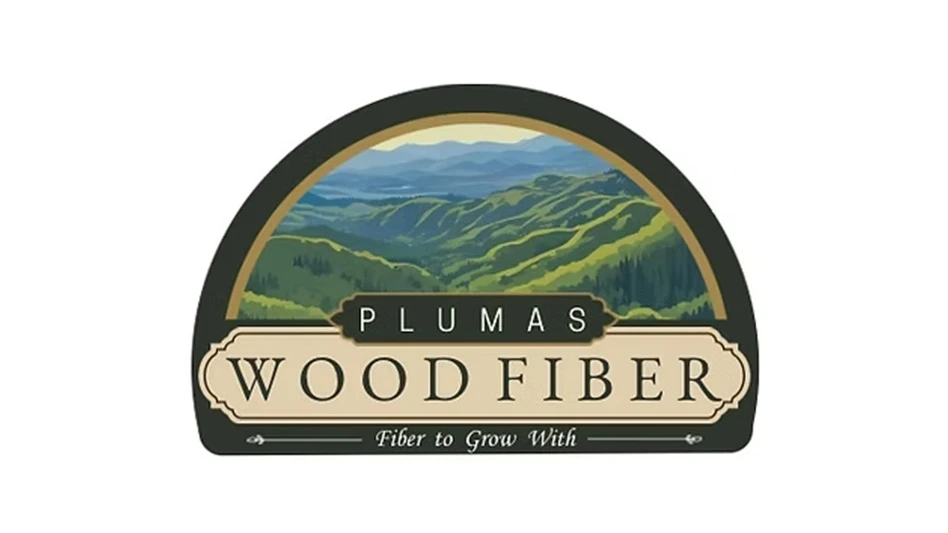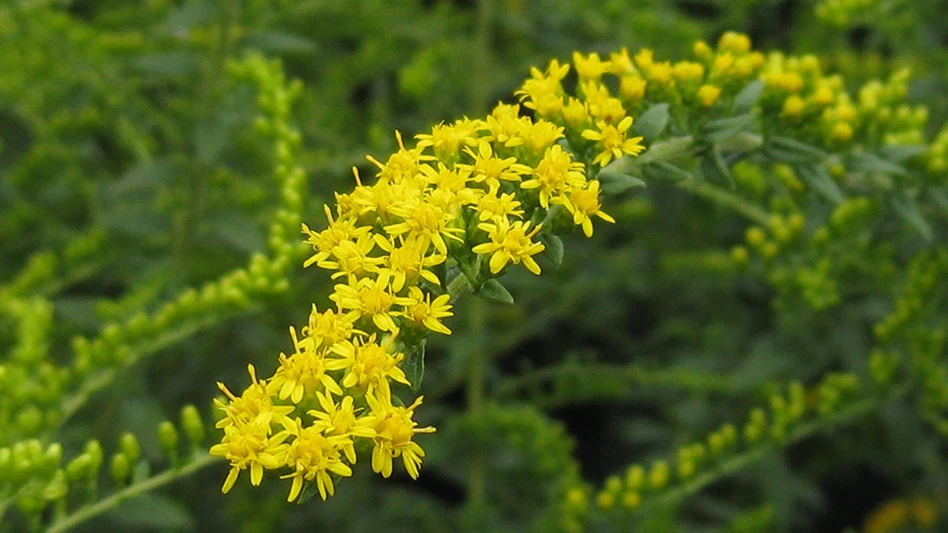
Growers are always looking for three things in plant propagation: survival, survival and survival. Slow lateral root development and water molds keep us on edge, threatening plant productivity and business profitability. Industry leaders have long understood the importance of resistance management and the pathogen fighting performance of Trichoderma. Several advancements have occurred since the early years of these beneficial fungi. For example, no longer needing refrigeration, supreme water solubility, synthetic fungicide compatibility and more robust strains with excellent protection against harmful pathogens. That’s why Obtego® Fungicide & Plant Symbiont is the perfect tool.
Obtego is an OMRI-listed biofungicide containing two beneficial strains of fungi, Trichoderma asperellum strain ICC 012 and Trichoderma gamsii strain ICC080. Each has a unique biological fitness that is active against a broad range of harmful soil pathogens which attack roots and collar regions. Obtego works in a wide range of environmental conditions (temperature, moisture, soil pH and media), working via rhizosphere competence and multiple modes of action. It aggressively colonizes the soil and roots of the host plant, creating a physical barrier at potential infection sites. Obtego directly parasitizes some harmful pathogens (i.e. Pythium spp., Thielaviopsis spp., Rhizoctonia spp., Sclerotinia spp., Sclerotium spp., Fusarium spp. and Phytophthora spp., to name a few) by attaching to and penetrating them. Obtego then produces enzymes that break down the cell walls of the harmful fungi. It is important to apply Obtego before the colonization of harmful pathogens occurs. Therefore, propagation and/or transplant is optimal for application.
Now, what about roots? After Obtego became available, we were fascinated by growers’ responses about how easily it went into suspension, the low to zero reentry interval, how it didn’t leave behind a sticky mess or clog injectors and how soil disease pressures virtually went away. Most of all, we were and still are amazed at the observance of rapid root development. We received data on Obtego’s efficacy on pathogens. However, while there was label language regarding dip cuttings, bare root, crown dips and preplant dusting, there was no supporting data. We put the SePRO team to work with trial protocols, locating growers that would follow the label instructions to see what would produce roots and what results we could obtain compared to IBA (indole butyric acid). If Obtego would produce roots from a cutting, seed or bare root, there would be no better time to have protection from crop-destroying pathogens than at the very time of planting. Growers can produce roots with an active shield of protection: a one-step solution!




The first trial was on Echeveria ‘Painted Frills’. The grower was having a difficult time with this plant, stating that they take 12-14 weeks to develop a good root system, and many were lost to soil pathogens. We dipped the cut of the offsets directly onto Obtego powder, and in just 14 days, we had 300% to 400% more root growth than the ones dipped in IBA. Obtego plants experienced zero loss due to fungal pathogens. Since that trial, we have rooted many varieties and hundreds of plants with overwhelming success. In other words, everything has produced exceptional development of roots.

From seed, we started with marigolds, vinca, gypsophila, Cherokee Chief dogwood, Japanese maples, zinnia, buddleia and tomatoes. After planting, Obtego was applied via single drench application at 3.0 to 5.0 ounces per 100 gallons of water. Our growers experienced no root rot on Obtego-treated crops. The seed developed a full root ball in 30% less bench-time. The Japanese maple seed had over 100% germination in the seed beds.
To see how Obtego would perform on cuttings, the growers started with poinsettia, succulents, mahonia, Mrs. Shiller’s Delight viburnum, croton, schefflera and Sunshine ligustrum. These were all done as a direct stick in Obtego powder in lieu of IBA, followed by their standard practices. We also had some annual/perennial growers apply Obtego as an over-the-top drench on their cuttings of scaevola, lobelia and lantana at a rate of 5.0 ounces Obtego to 100 gallons of water. The results were as exciting as the plants themselves. Roots, roots and more roots!
Since those initial trials, Obtego has repeated its performance in the field with hundreds of thousands of plants, from seeds to cuttings to transplants, both in the nurseries as well as in the landscapes. Dr. JC Chong of SePRO Research & Development is currently conducting university trials to help clarify and quantify the data.
As growers, you invest significant labor, time and capital into growing plants. We know that fungicide resistance is a real and present threat to your investments and success. Starting plants off with the best advantage to survival is the first key to unlocking your potential productivity. Obtego will help produce more roots — and often in less time than synthetic alternatives. As those roots grow, they are protected from harmful pathogens. This allows the plant to not only survive, but really thrive, saving the use of synthetic chemistries for any adverse conditions mother nature may bring. Obtego in lieu of IBA? Absolutely!

Explore the June 2024 Issue
Check out more from this issue and find your next story to read.
Latest from Greenhouse Management
- The thrips battle plan
- Pennsylvania Horticultural Society shares top gardening trends from 2025 Philadelphia Flower Show
- California Spring Trials 2026 dates announced
- Les Evans promoted to DRAMMwater segment manager, Al Zylstra to retire
- Hoffmann Family of Companies to acquire N.G. Heimos Greenhouses
- The Growth Industry Episode 3: Across the Pond with Neville Stein
- Southern Garden Tour sets 2025 dates for trial garden open houses
- GIE Media Horticulture Group wins five regional 2025 Azbee Awards of Excellence






